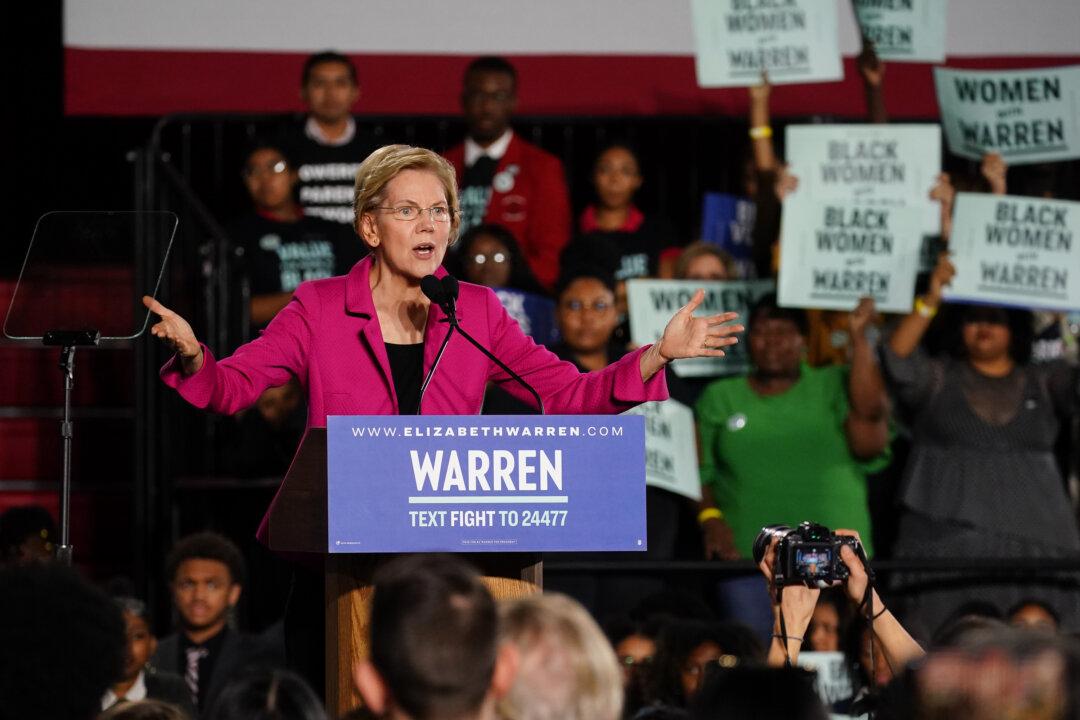WASHINGTON—The private equity industry faces a serious political challenge going into the 2020 election year as progressive Democrats, including the presidential primary’s frontrunners, are taking aim at it.
Private equity (PE) firms attract big investors and use their money to buy companies—anything from retail stores to nursing homes. PE firms try to increase the companies’ profits through changes in their operations, thus creating profit for investors.





